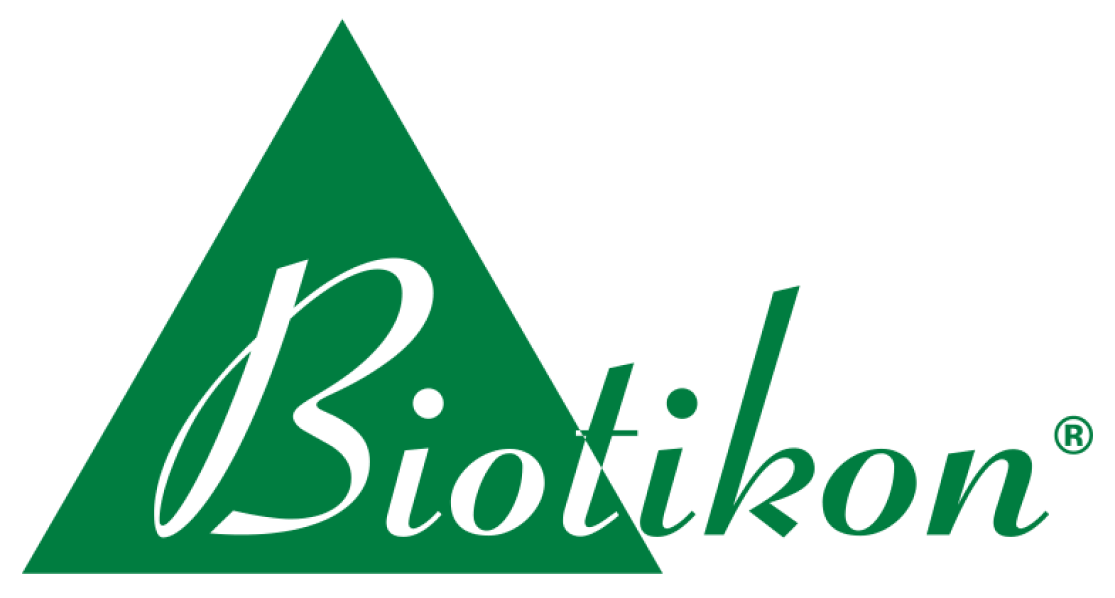
Krill threatened by krill oil harvesting?
Krill oil - Krill catch quotas, a threat to whale food?
Krill oil has outstanding properties for health, but are krill oil stocks safe? Are there legal requirements for krill oil harvesting?
Krill resources threatened? Whales safe?
Krill literally means whale food (Norwegian). Square-kilometer swarms of crustaceans that feed on phyto-plankton provide food in Antarctic waters for five species of whales, four species of seals, 20 species of fish, seabirds and penguins, including the blue whale, the already overfished icefish and the marbled rockcod. The mass of krill crab weight is estimated at 500 million tons. This is more than the weight of all humans. A female lays up to 10,000 eggs in the Antarctic summer. After hatching, the krill crabs come to the surface and krill predators begin to eat them. At the very beginning of the food chain, krill, and thus krill oil, is virtually unpolluted with pollutants, unlike fish. Due to the agreement of the Commission for Conservation of Antarctic Marine Living Resources, CCAMLR, the danger of overfishing and thus the loss of krill (and thus krill oil) has been eliminated. 26 states of Europe manage this task. Thus, there are catch quotas for krill, which are controlled by control bodies worldwide through a "license for krill fishing".
The stock for krill oil is secured
And this simultaneously provides vital food for whales and the above-mentioned species in the oceans. If there is a shortage of krill, krill fishing is banned until the amount of krill increases again to the necessary amount of food for the above-mentioned "krill hunters" (marine animals that feed on krill). The krill fishery has been below the fishing quotas authorized by the authorities for more than 10 years. 3.47 million (3 470 000) tons of krill may be caught per year. 120 000 tons of krill are definitely caught. Suppliers of krill oil must, of course, comply with these regulations. Of course, the krill population of the oceans, which are divided into sections, can only be measured supported by scientific data.
Whales do not die because they have too little krill to eat
The whale death has of course nothing to do with the krill stock, but with the really dispensable whaling. Especially countries like Norway are so rich that they do not need the income. To impose regulations on poor countries without compensation is ethically problematic. However, one must observe the development closely in the next decades and the renunciation of krill is possibly not the way to secure the krill stocks in the long term. It is important to deal with the krill oil issue so that standards are set now, as has happened. In the case of whaling, the problem is that countries like Norway and Japan have a very old whaling tradition that dates back to before rules were established. You can see how difficult it is to regulate, even if wrong, habits after the fact. In the case of krill, this has been done from the beginning. Possibly there will be equivalent alternatives in the future.
Krill oil - Omega 3 in a special form
For omega-3 fatty acids bound to phospholipids, krill oil is the most potent supplier. This is the most optimal form of substitution of omega3 fatty acids for the human organism. When buying krill oil capsules, please pay attention to high krill oil purity, high content of astaxanthin, EPA, DHA and phospholipids. Oil protection hard capsules prevent the annoying burping and unpleasant odor and ensure the preservation of high quality krill oil.
